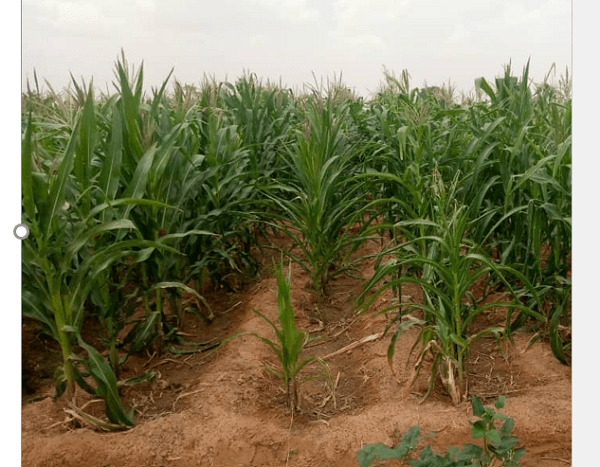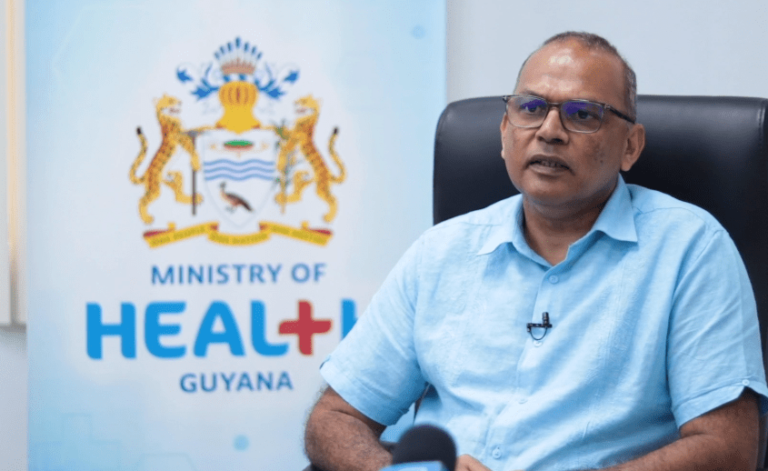
The Federal Government of Nigeria has approved the commercial distribution of genetically modified (GM) maize types that are intended to fend off insect infestations and flourish in dry conditions. This is a ground-breaking decision.
At its 37th meeting, held on January 11, 2024, at the National Centre for Genetic Resources and Biotechnology (NACGRAB) in Ibadan, the National Committee on Naming, Registration and Release of Crop Varieties, Livestock Breeds/Fisheries (NCNRRCVLF) approved these transformative maize varieties, which are collectively referred to as “TELA” maize.
Leading the critical approval was Prof. Olusoji Olufajo, the head of the NCNRRCVLF, signifying a major turning point in Nigeria’s agricultural history. The four authorized varieties, SAMMAZ 72T, SAMMAZ 73T, SAMMAZ 74T, and SAMMAZ 75T, are hailed for their resistance to autumn armyworm and stem-borers as well as their ability to withstand drought. With the right agronomic methods, they can yield up to 10 tonnes more per hectare.
These biotechnologically created varieties are notable for their ability to tackle issues related to food security. African maize production has historically been severely hampered by stem-borers and fall armyworms, resulting in large losses. Particularly in certain African countries, stem borers are a factor in decreased maize yields. Conversely, fall armyworms can destroy up to 20 million metric tons of maize per year in Africa—enough to feed a hundred million people.
In October 2021, the National Biosafety Management Agency (NBMA) approved these kinds for release into the environment. This cleared the door for their eventual registration and commercial release.
Through the African Agricultural Technology Foundation-coordinated TELA maize public-private partnership, the Institute for Agricultural Research (IAR) Samaru, Ahmadu Bello University Zaria, was a pioneer in the development of these improved maize varieties (AATF). With an influence on Ethiopia, Kenya, Mozambique, Nigeria, and South Africa, the TELA maize project is an international collaboration aimed at boosting maize productivity and tackling urgent agricultural issues.
Dr. Sylvester Oikeh, project manager for TELA’s maize initiative, praised Nigeria’s move and urged other African nations to do the same. He expressed his gratitude to the scientists for their hard work and anticipated that farmers would gain from similar decisions.
The International Maize and Wheat Improvement Centre (CIMMYT), Bayer, and agricultural research institutes in Kenya, Mozambique, Ethiopia, and South Africa are all partners in the TELA Maize initiative. The Bill and Melinda Gates Foundation and USAID are the sources of funding, which demonstrates a determined attempt to transform maize farming and advance sustainable agriculture.






